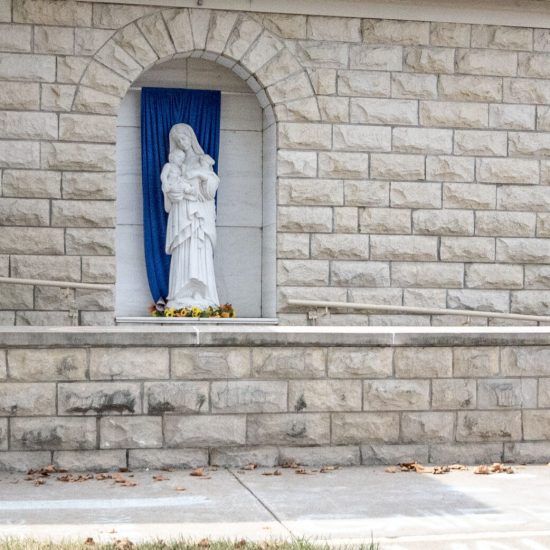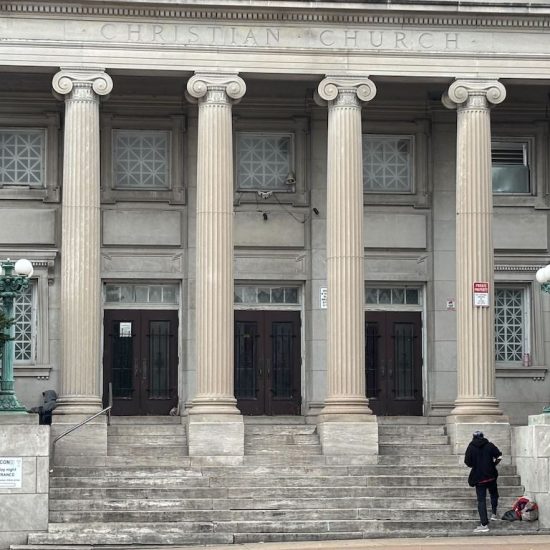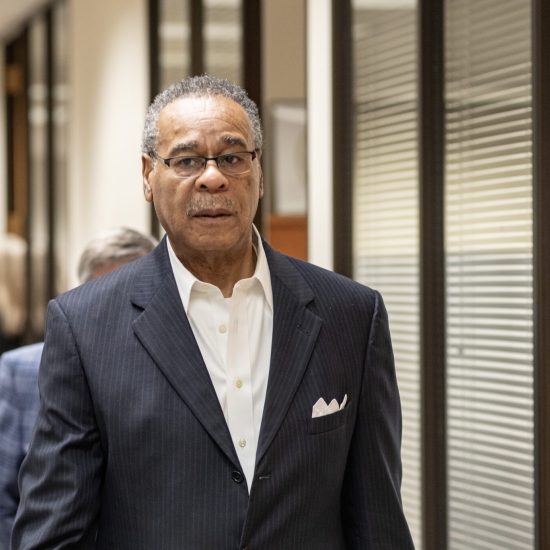Jefferson City — In a sign of continuing turmoil within the Missouri Baptist Convention, the body's Executive Board has appointed a committee to investigate their embattled executive director, the Executive Board itself and others.
The group also discussed allegations that a four-year-old church in St. Louis, supported by a convention loan, is encouraging alcohol consumption.
During the board's Dec. 12 meeting, board member Wesley Hammond made a surprise motion that the board appoint a “committee to investigate rumors affecting the character of some of our members which, if true, would render them unworthy of leadership, and cast doubt on our credibility and our integrity as an Executive Board,” according to an account by Baptist Press.
Executive director David Clippard has been under criticism from fellow conservatives for months. Clippard stirred national attention in November when he warned that Muslims are plotting to take over the United States.
Committee of five
Hammond, pastor of First Baptist Church in Paris, stipulated that the investigative committee would consist of five members: The convention's current first and second vice presidents and recording secretary and the two most recent MBC presidents.
The committee will not include current MBC president Mike Green. Baptist Press reported that Hammond's motion took Green, pastor of Calvary Baptist Church in Republic, Mo., unawares. He was “flabbergasted and surprised,” according to the news agency.
The motion passed 29-19, with three abstentions.
Green later presented a motion to establish a competing investigative committee. It would have been charged with studying not only allegations of impropriety by Clippard, but also allegations that members of the Executive Board had been “micromanaging” the affairs of Clippard and other MBC staff.
Green said he wanted to establish the committee “because of the ongoing unrest, dissension, distrust, disunity, questions, and contentions existing within the Missouri Baptist Convention.”
Green withdraws motion
His motion also passed, on a vote of 26-22 — again with three abstentions. He then withdrew the motion, tearfully saying he did not want to divide the convention further.
His motion also would have instructed the committee to study the scope and direction of the convention's church-planting ministry, particularly as it relates to the emerging-church movement. Emerging churches tend to be new congregations made up of Generation X and Yers that worship or do ministry in ways not traditionally embraced by evangelicals.
A discussion of the convention's church-planting ministry at the same meeting turned to criticism of one MBC-affiliated congregation that is part of the emerging-church movement.
Bill Edwards, chairman of the board's church-planting subcommittee, said his panel had discussed new MBC churches whose leaders “personally used or promoted drinking as a part of their outreach.”
Discussion turned to The Journey, a St. Louis church planted, in part, with financial backing from MBC. The congregation reportedly has grown from 30 to more than 1,000 in worship weekly in four years.
Board members discussed a ministry, advertised on the church's Web site, where church members gather with others to discuss faith-related topics once a month at the Schlafly Bottleworks, a local brewery and pub. Called “Theology at the Bottleworks,” the church's Web site describes it as one of several regular outreach events where church leaders “engage various aspects of popular culture: music, theatre, arts, and politics, seeking to have relevant dialogue with people of all backgrounds and beliefs.”
According to the Baptist Press article, Executive Board members objected to a phrase in the Web site's description of the ministry that invited inquirers to “Grab a brew, give your view”¦.”
Some also objected to a reference in the Web site's biographical description of one of the church's associate pastors. Jonathan MacIntosh said one of his favorite activities was to have drinks with his wife at a local bar.
Darrin Patrick, the church's pastor, reportedly attributed the references to a secular Web-design company that administers the Web site. He said the references would be removed, and they were gone by Dec. 20.
(Compiled from multiple news sources, including Associated Baptist Press and Baptist Press. Word&Way's associate editor was not allowed to stay for the meeting.)






